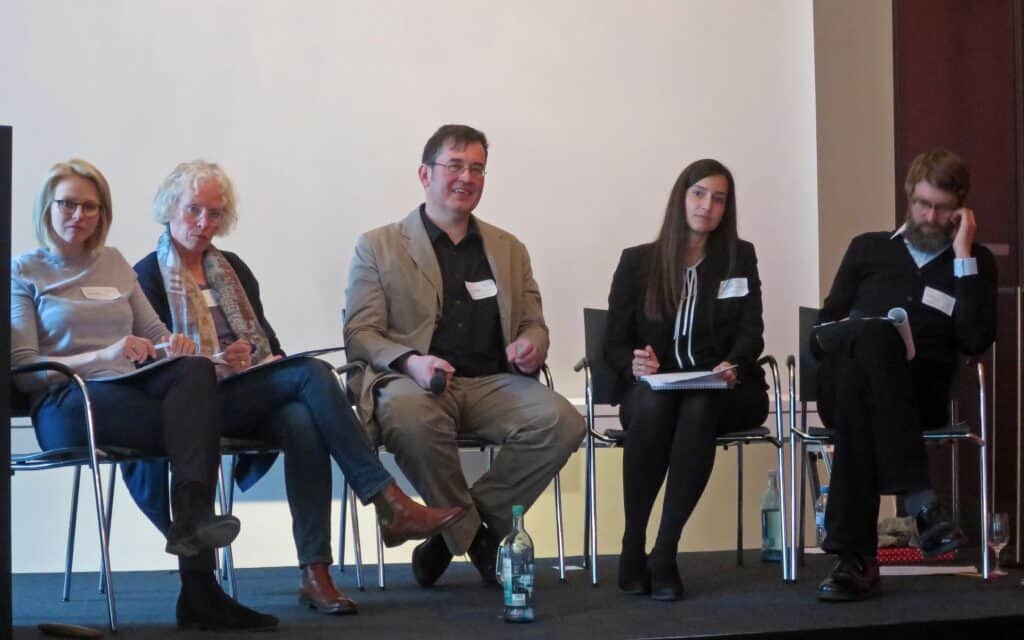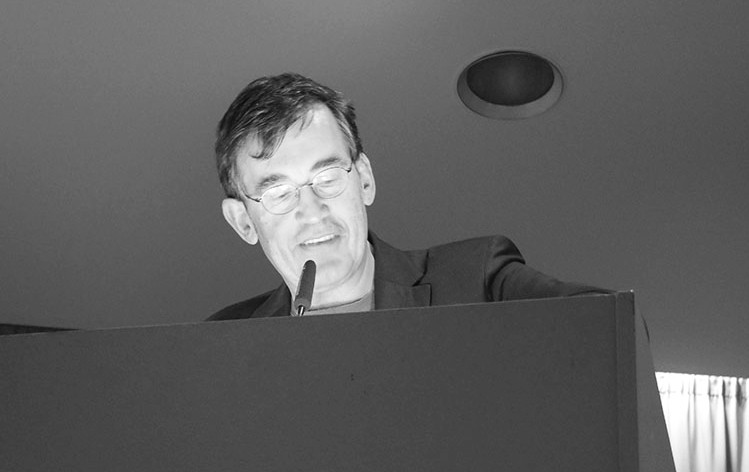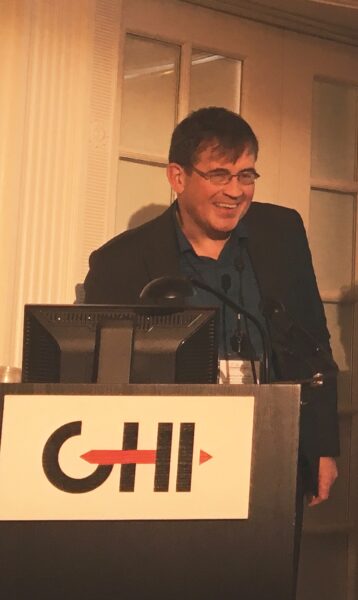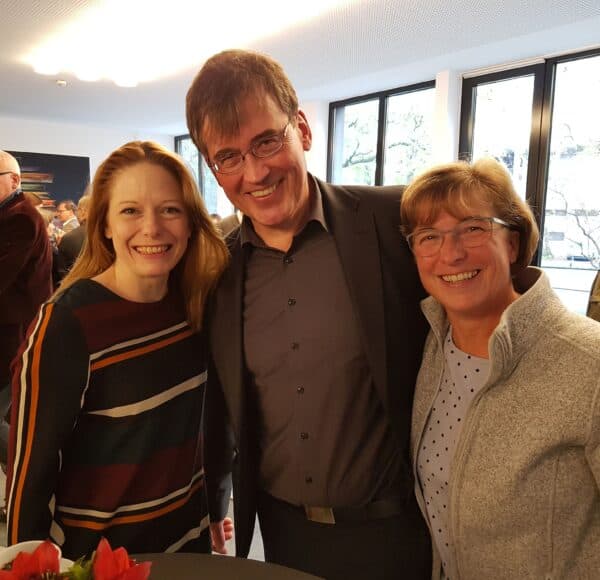We are deeply mourning the loss of our friend, colleague and former chairman of the board Mag. Leonhard Weidinger, who passed away on September 22, 2023 after a long and valiant fight against his serious illness.
“If museums would do their work properly, the law firms would have nothing to do…”
Leonhard Weidinger
Sometimes words fail you – they never failed him. Pragmatic yet always sincere, solution-oriented yet sometimes impatient, provocative yet sometimes a bit brash but always positive, responsible and with a twinkle in his eye, Leo represented provenance research and its community as passionately as hardly anyone else.

He was virtually involved from the very first second: from 2005, he worked as an independent historian for the Austrian Commission for Provenance Research at the MAK – Museum of Applied Arts in Vienna, and from that moment on he was intensively committed – both professionally and voluntarily – to researching art and cultural property seized as a result of Nazi persecution, and not only in Austria. He continued his commitment to the digitization of Viennese auction catalogs from the Nazi era on an international level, for example, in the context of the data editing he carried out in the German Sales project for the Getty Research Institute from 2011 and 2016.
He regularly and enthusiastically participated in international workshops, symposia and exchange programs. From 2014 to 2018 he was a board member, and from 2017 to 2018 chairman of the board of the Arbeitskreis Provenienzforschung e.V., promoting networking and professional exchange between provenance researchers worldwide. The meeting of the Arbeitskreis Provenienzforschung e.V. in November 2017 at the Albertina and the Technisches Museum Wien, which he co-initiated and which Leo was unable to attend for the first time due to his incipient illness, will be remembered by all involved, as will his 2018 lecture on the occasion of the conference 20 Years Washington Principles: Roadmap for the Future at the Haus der Kulturen der Welt in Berlin, (Digital) Work Culture: Between Desire and Reality. With his characteristic humor, he took on the structural problems of provenance researchers, who were recognizable as “egg-laying lactating sows” by their green buttons in the plenary to point out the fixed-term nature of their contracts. With the same political commitment, he also represented the professionalization of provenance research in December 2019 at a Hearing on Cross-Border Restitution of Looted Art at the European Parliament in Brussels.
Structures were always particularly close to Leo’s heart, whether related to working conditions in provenance research, the cross-linking of research results, or sources and their contents. Not only did he advocate for a digital archive for the Austrian Commission for Provenance Research, he also advised others, such as the Forschungsverbund Provenienzforschung Bayern (Research Association for Provenance Research in Bavaria), on setting up corresponding resource repositories. He was instrumental in the conception, implementation and technical editing of the online project Lexicon of Austrian Provenance Research.
Even beyond the pure digitization or digital provision of sources and information, Leo strove to merge data and optimize existing processes. German Lost Art Foundation at the Zentralinstitut für Kunstgeschichte (Central Institute for Art History) in Munich. From the statistical processing of the Viennese housing auctions from 1938 onwards, to the storage of cultural property, to the ‘residual utilization‘ of Austria in dealing with the objects ‘left over’ after 1945: He could become almost pedantic when it came to the inaccurate documentation of provenance information and its provenance, ergo the provenance of provenance, to which he dedicated one of his many publications.
Leo was keen to make this knowledge and these structures available to all researchers and to participate in the development of digital platforms for the reconstruction of historical structures. As co-founder of the AG Digitale Provenienzforschung in 2018, he organized the workshop Digitale Provenienzforschung in cooperation with the Institute of History at the University of Vienna and participated in the conception of projects such as the image search in auction catalogs of the Landschaftsverband Rheinland in cooperation with the Fraunhofer Institute for Production Systems and Design Technology and the Arbeitskreis Provenienzforschung e. V. Most recently, he advised the pilot project on the Adolphe Schloss Collection of the Jewish Digital Cultural Recovery Project.
Hardly anyone handled his sources so liberally, was so generous with information and resources – usability and results were always more important to him than anything else. When we researchers needed something from Vienna, Leo did not hesitate to find it and make it available; when survivors and descendants of those persecuted in National Socialism needed help, he was a sensitive and supportive first point of contact who, with his broad expertise and data trove, was always able to initiate first steps and establish a connection in the community. Technical conversations and discussions with him could last late into the night and yet never became dull for a second.
Leo was a workhorse, his notebook permanently at hand or on his lap, and yet at the same time he was also a relaxed bon vivant and gourmet who always had an open ear for all concerns – both professional and private. After a convivial evening, he liked to sit down at his desk once again and the next morning present the solution to a problem that you often didn’t even know you had.
Sometimes we are at a loss for words as to how we will miss you, dear Leo!
Our deepest sympathy goes to his partner and his relatives. Please send letters of condolence to the Austrian Commission for Provenance Research at the Federal Ministry of Education, Art and Culture, Public Service and Sport in Vienna. They will be published on the Commission’s website.


